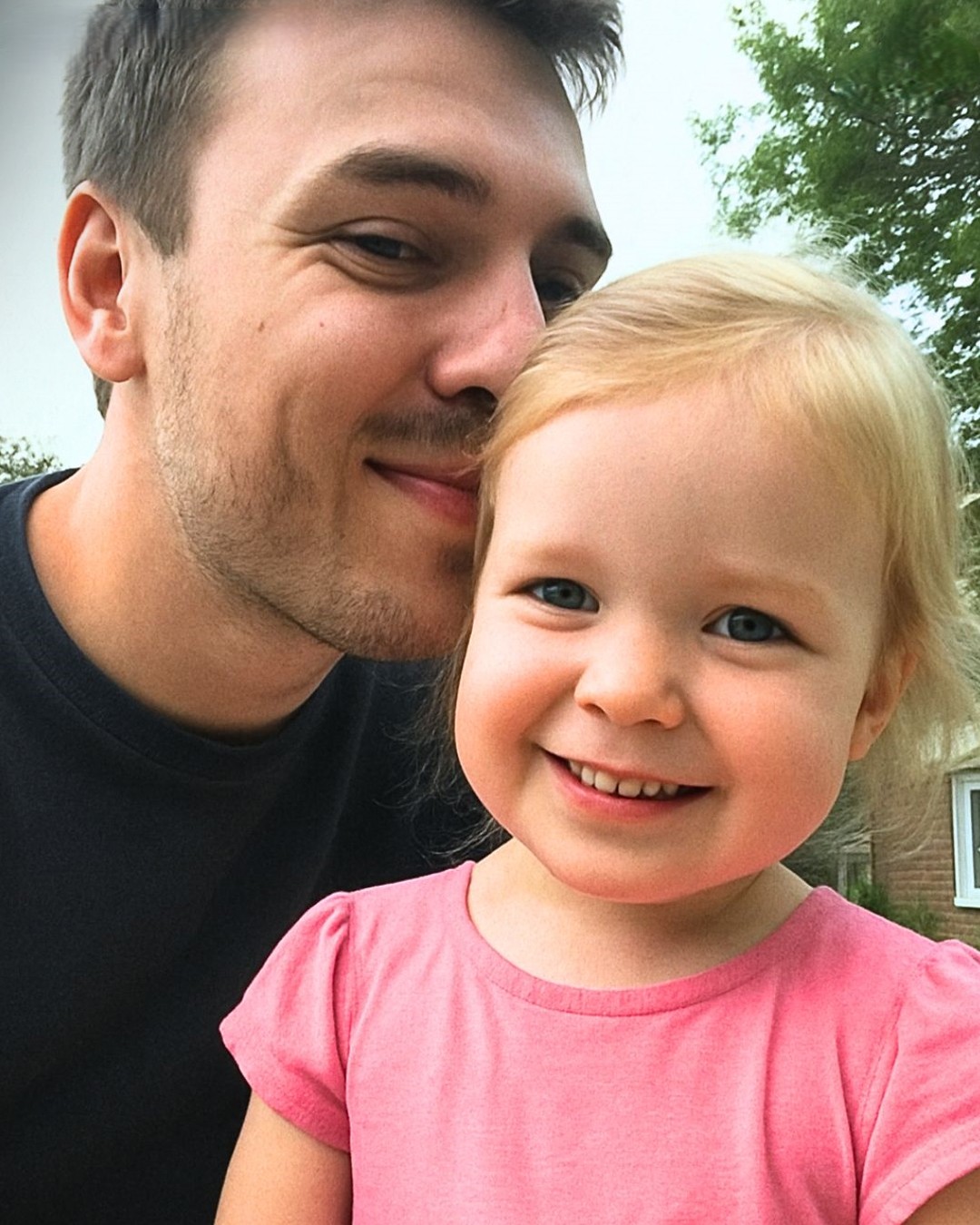When my wife asked me to move out for a few weeks and leave our three-year-old daughter behind, I was stunned. She framed it as a way to help our daughter bond with her—but what I found out later left me speechless.
My name is Jake. I’m 32, and my entire world revolves around my daughter, Allie. She’s bright, curious, full of joy—and absolutely a daddy’s girl. From animal-shaped pancakes in the morning to park adventures and blanket forts in the living room, we share a deep and unshakable bond. Every laugh, every bedtime story, every “Higher, Daddy!” on the swing brought us closer.
But my wife, Sarah, began to pull away. “She loves you more than me,” she admitted once. I suggested a mommy-and-me class or more one-on-one time, but she brushed it off—said she was too busy. Over time, her frustration turned cold and distant.
Then, one night after Allie was asleep, Sarah told me, “You need to move out for a few weeks.” Her face was serious. She said Allie needed space to bond with her. I thought it was ridiculous. Allie was so little—how could she possibly understand me just disappearing?
We argued for hours. Eventually, we compromised: I’d leave for one week, tell Allie I was helping my friend Mike, and call her every night. It crushed me, but I agreed—for them.
Mike did his best to distract me with takeout and late-night movies, but all I could think about was Allie’s voice on the phone: “Daddy, when are you coming home?” I couldn’t sleep. I missed her hugs, her laughter, the way she insisted on the same bedtime story every night.
By day five, I couldn’t take it anymore. I decided to surprise her—with a Happy Meal and a big smile, imagining her little face lighting up.
But when I opened the door to our living room, it wasn’t Allie I saw. It was Sarah—sitting comfortably on the couch next to Dan, her coworker.
They jumped up, startled. Dan looked like he wanted to vanish. And Sarah—her eyes said everything.
“What is this?” I asked, my voice shaking, Happy Meal still in hand.
“It’s not what it looks like,” she said quickly, but the guilt in her voice gave her away. It was exactly what it looked like.
The time apart hadn’t been about bonding—it had been a cover. She wanted me out so she could play house with someone else.
She tried to explain. “You and Allie are so close… I felt invisible.”
I didn’t shout. I didn’t break anything. I just said, “You broke our family.”
I left. I went back to Mike’s and told him everything. The following weeks were a blur. Sarah and I agreed to co-parent and keep life as stable as possible for Allie. I found a small apartment nearby to stay close to her.
Every moment with her became sacred. We held onto our routines—parks, bedtime stories, pancakes. And slowly, she adjusted. Our bond didn’t fade—it grew stronger.
Sarah joined a parenting group and began working on her relationship with Allie. It helped. But the trust between us was gone. We stayed civil—for Allie’s sake—but the marriage was over.
One night, as I tucked Allie into bed, she looked up at me with those wide, innocent eyes and asked, “Daddy, will you always be here?”
I kissed her forehead. “Always, sweetheart. No matter what.”
Our family didn’t survive the way I hoped—but something more important did: Allie’s sense of love, safety, and trust. And I’ll never stop fighting to protect that.
Life doesn’t always go according to plan, but sometimes it goes exactly how it’s meant to. And if my daughter grows up knowing, without a doubt, that she’s deeply loved—then I’ve done my job. That’s the kind of father I promised to be. And I will keep that promise.
